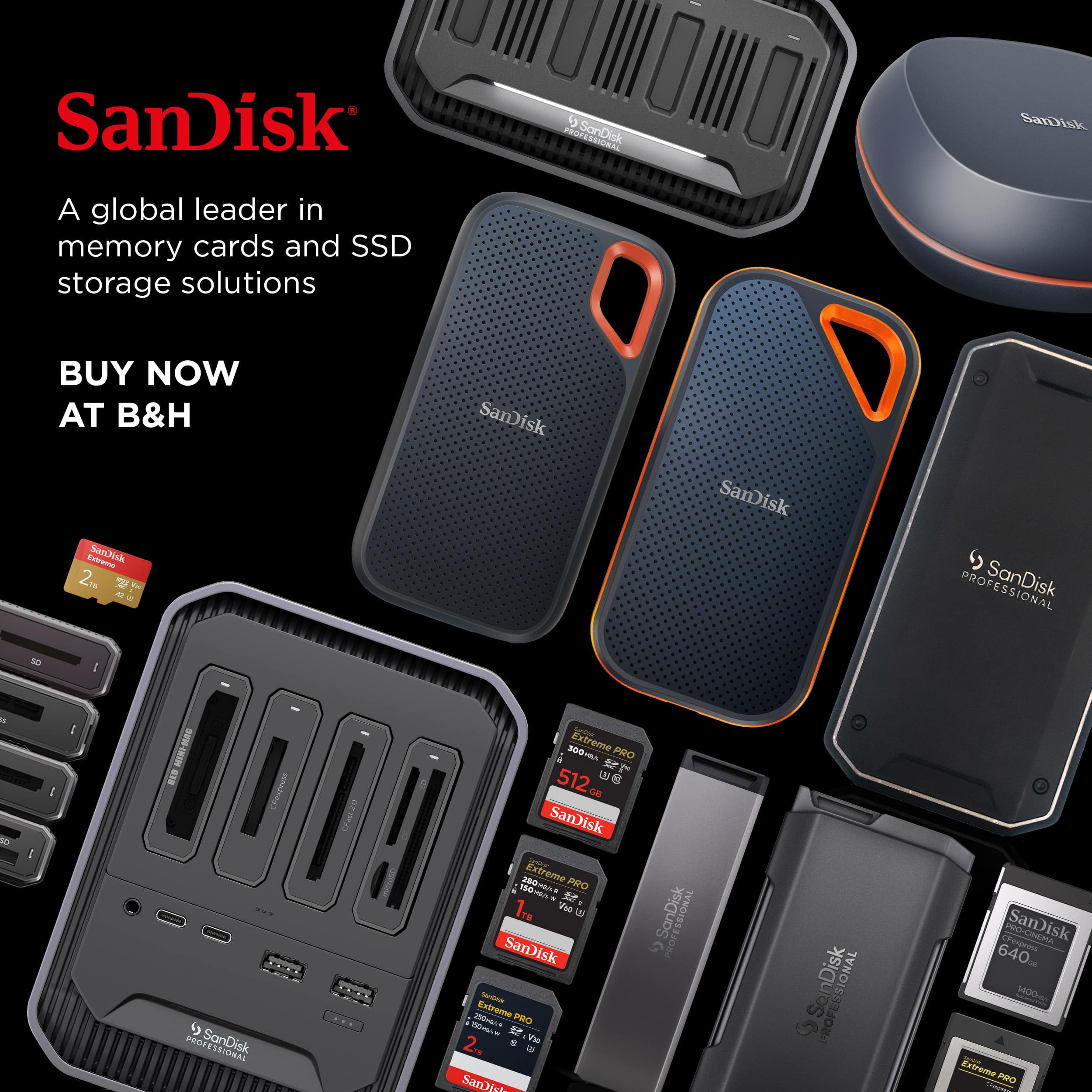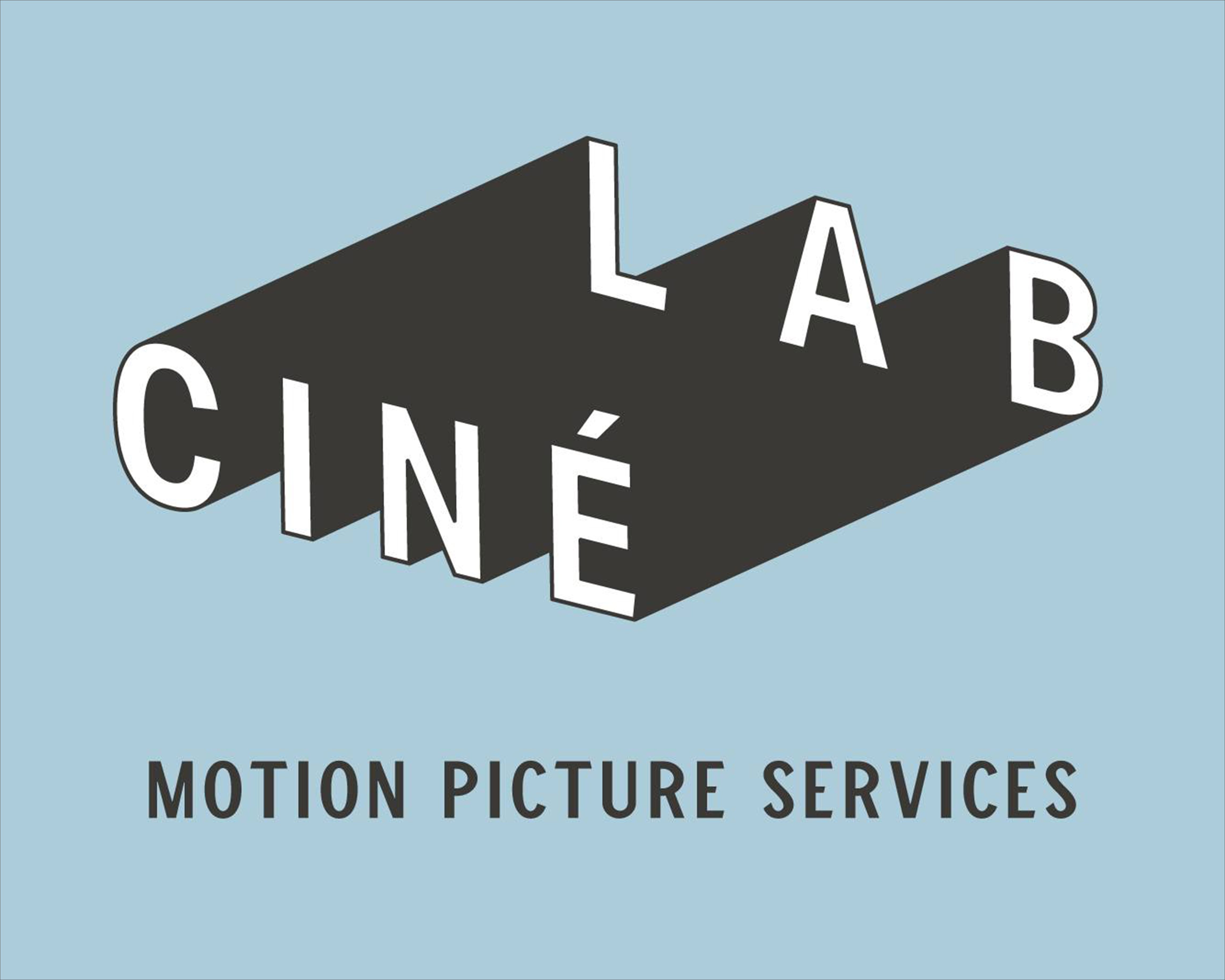Gary Owens
New member
Well, I have decided to go with using a clapper board and record my sound with either DAT or minidisc. Then I suppose its a matter of a little more involvement in editing. Does anyone have any experience with these two mediums? What kind of mic should I use? Thanks





